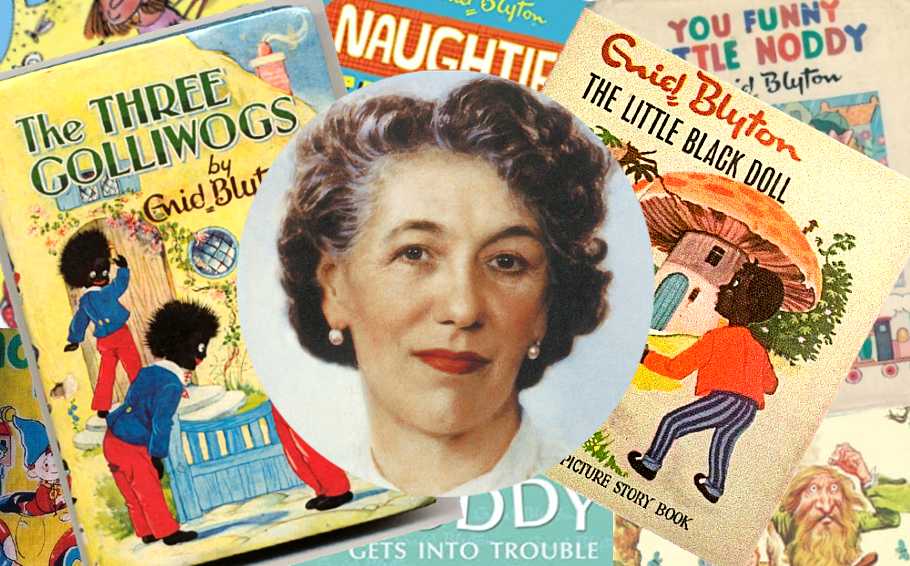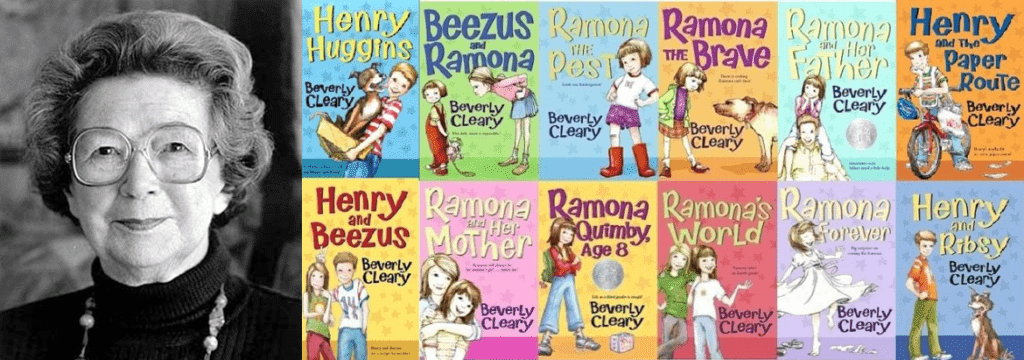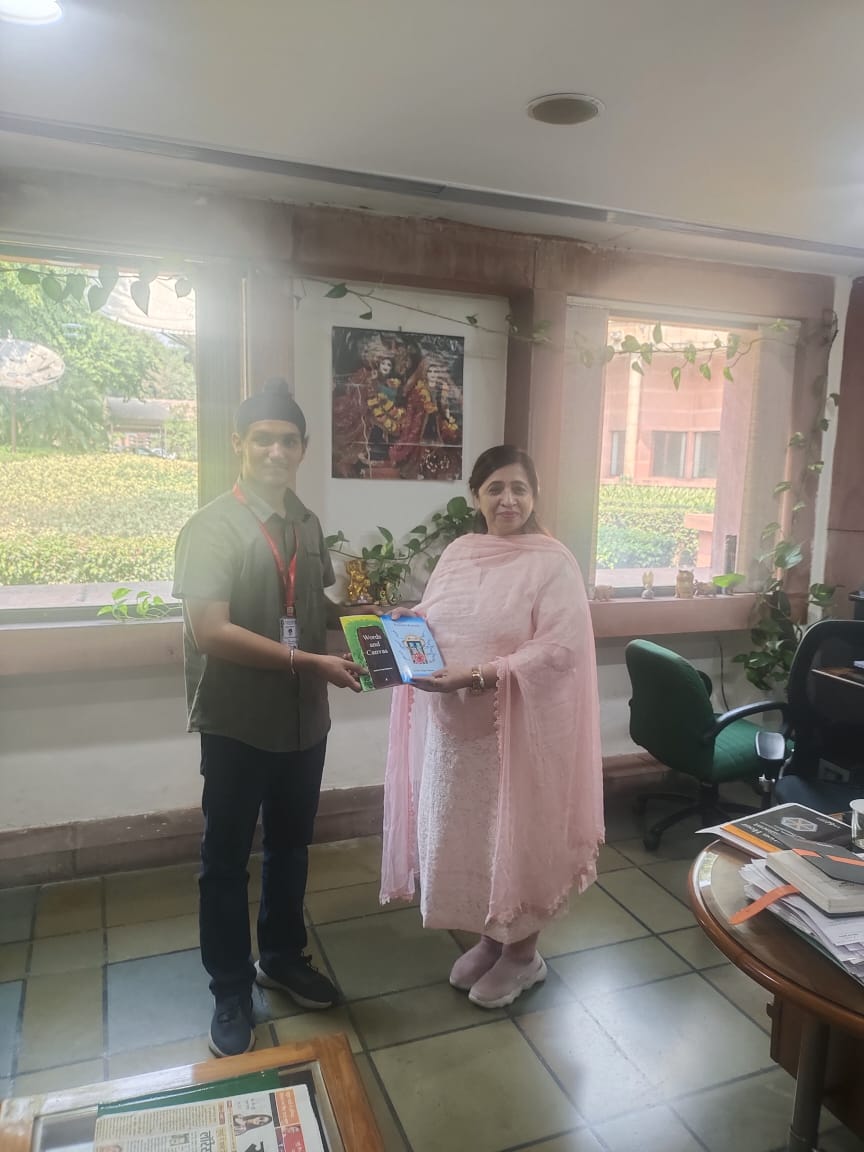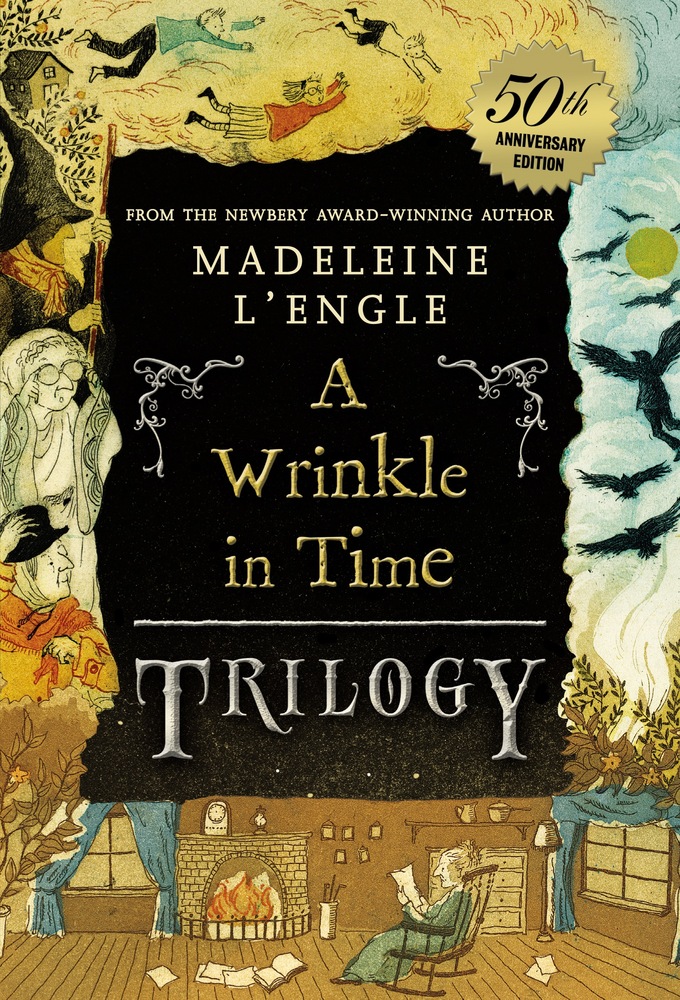“You are honest enough by nature to be able to see and judge your own self clearly – and that is a great thing. Never lose that honesty, Bobby – always be honest with yourself, know your own motives for what they are, good or bad, make your own decisions firmly and justly – and you will be a fine, strong character, of some real use in this muddled world of ours!”. Miss Blyton writes in the ‘Summer term at St Clare’s’.
Born on 11th August 1897, in London; Enid Mary Blyton, a celebrated children’s writer wrote and wrote extensively all through the early and mid-1900s leaving behind a monumental legacy spanning across a whopping 600+ books.
Blyton grew up in an environment that supported and enabled her early childhood interest and enthusiasm towards storytelling, and eventually towards writing in precision.
As she grew up, short pieces began to emerge from her nascent writerly voice. ‘The Book of Brownies’ was her first major work that received acclaim and made her a respected name in the children’s literature ecosystem.
‘The Famous Five’ series put Blyton on the world map. The childlike enthusiasm filled with adventures, thrills, and friendship clicked with readers worldwide and announced the beginning of a long-standing legacy. The charming team-like vibe that the books carried endorsed the significance of human connections and genuine bonding.
‘Child Whispers’, ‘Book of Brownies’, ‘Old Thatch Series’, ‘Adventures of the Wishing Chair’, ‘The secret island’, ‘The enchanted wood’, ‘The naughtiest girl in the school’, ‘The Secret of Spiggy Holes’, ‘The Adventurous Four’, and many more constitute the long endless bibliography that inspired and characterized those decades’ reading habits.
“You can’t possibly do anything if you think you can’t. But you can do impossible things sometimes if you think you can.” The lovely quote reassured Blyton’s young readers and dropped by a little piece of wisdom.
Writing came naturally to Blyton. She often sat down with her typewriter, closed her eyes, imagined real children, and thoughts began to flow by. Words and sentences got formed in a spur of the moment.
Mystery, adventures, and a childlike worldview towards a small-town conflict ended up being the recurring motifs in her writings. The significance of bonding, love, fearlessness, truthfulness, and an atmospheric vibe ensured Blyton’s stories always struck chords with her intended readers and developed a strong sense of consistent intrigue. The pacing of the narrative ensured the reading experience was an easy-breezy affair. Blyton involuntarily ticked as many boxes as she could, and kept the readers on her side throughout her writing journey.
Much of Blyton’s work has been adapted into plays, movies, and shows. And her legacy got passed on to the newer generations in some form or the other.
“Writing for children is an art in itself, and a most interesting one.”
The blend of subtlety with drama, strong emotions, and human values characterize Blyton’s hugely influential contribution to children’s literature spanning across decades, and standing strong almost a century down the line.

)
)
)
)
)
)
)
)
)
)